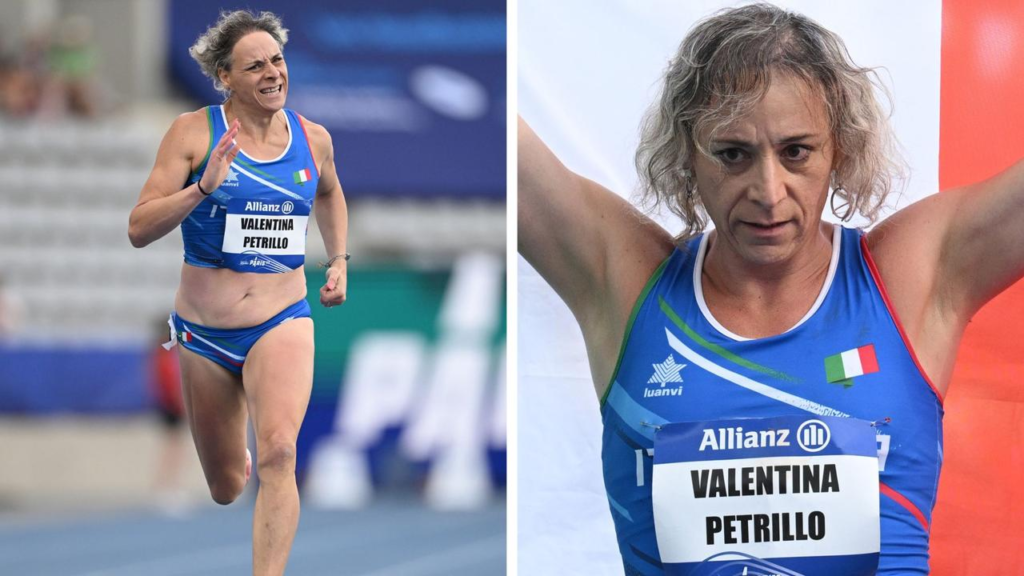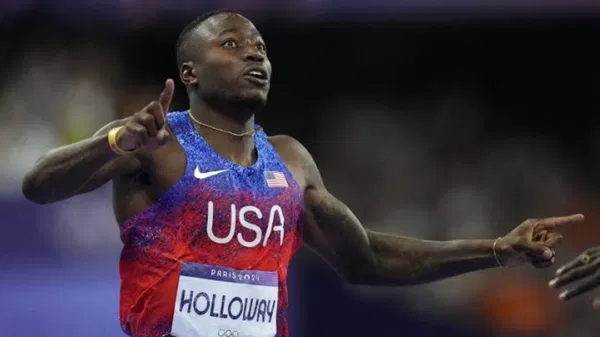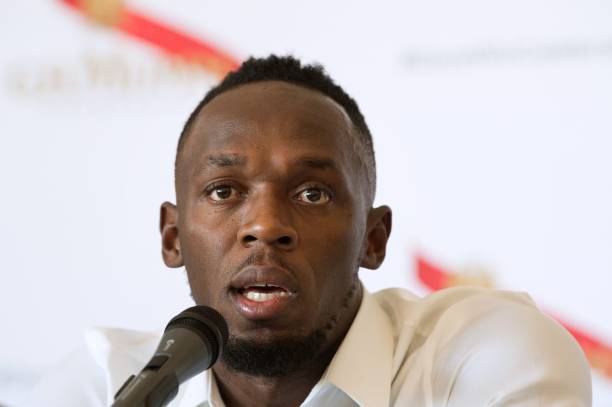As the Paris Paralympics approaches, organizers are bracing for a significant controversy surrounding the participation of a transgender sprinter. The inclusion of this athlete has ignited a heated debate about gender identity and fairness in sports, and the event is expected to face intense scrutiny and criticism from various quarters.

The Controversy Unfolds
The athlete at the center of this debate is a transgender sprinter who has qualified to compete in the upcoming Paralympics. This decision has sparked a storm of controversy, as questions arise about the balance between inclusivity and competitive fairness. The inclusion of transgender athletes in elite sports has been a contentious issue, and the Paris Paralympics is poised to be a focal point for this ongoing debate.
The sprinter, whose identity has been closely guarded but widely reported, has undergone the necessary medical and regulatory procedures to compete in their chosen category. Despite adhering to the established guidelines, the athlete’s participation has been met with resistance from some quarters, who argue that it could give them an unfair advantage over cisgender competitors.
Responses from the Athletic Community
The inclusion of transgender athletes in the Paralympics has been met with a range of responses from the athletic community. Advocates for transgender rights and inclusivity have welcomed the decision, viewing it as a step forward in promoting equality and representation in sports. They argue that the athlete’s participation reflects a commitment to diversity and the principles of the Paralympic movement, which champions the rights of athletes with disabilities.
However, critics have voiced concerns about the potential impact on fair competition. Some athletes, coaches, and commentators have expressed apprehension that the current regulations may not adequately address the complexities of transgender participation, leading to potential imbalances in competition. These concerns are particularly pronounced in sports where physical advantages can significantly influence performance.
Regulatory Framework and Guidelines
The International Paralympic Committee (IPC) has established guidelines for the inclusion of transgender athletes, which are designed to ensure fair competition while respecting the rights of all participants. These guidelines include specific criteria related to hormone levels, transition periods, and other medical considerations. The aim is to create a framework that balances inclusivity with competitive fairness.
The guidelines have been a subject of ongoing review and debate, and the Paris Paralympics organizers are committed to adhering to these standards while remaining open to feedback and adjustments as needed. The aim is to ensure that the competition remains fair and that all athletes have an equal opportunity to succeed.
Public and Media Reaction
The controversy surrounding the transgender sprinter has generated widespread media coverage and public discussion. News outlets, sports analysts, and social media platforms have been abuzz with opinions on both sides of the debate. The Paris Paralympics is expected to be a significant battleground for these discussions, with the spotlight firmly on how the event manages this sensitive issue.
Supporters of the transgender athlete have highlighted the importance of recognizing and celebrating diversity in sports. They argue that the focus should be on the athlete’s talent and achievements rather than their gender identity. Advocates also stress the need for a compassionate and inclusive approach that respects the dignity of all competitors.
On the other hand, critics have raised questions about how the inclusion of transgender athletes might affect the integrity of the competition. They argue that the current guidelines may not fully address the complexities of transgender participation, and they call for a more thorough review of the regulations to ensure fair outcomes.
Looking Ahead: The Path Forward
As the Paris Paralympics draws nearer, the organizing committee is preparing for the potential challenges and criticisms that may arise. The focus will be on ensuring that the event runs smoothly and that all athletes are given a fair opportunity to compete. The committee is committed to upholding the principles of the Paralympic movement while addressing any concerns that may arise.
The transgender sprinter’s participation will undoubtedly be a topic of significant discussion throughout the Games, and the outcome of this controversy may have lasting implications for the future of transgender athletes in competitive sports. The Paris Paralympics will serve as a crucial test case for how the sports community navigates the intersection of inclusivity and fairness.
In the end, the hope is that the Games will be a celebration of athletic excellence and diversity, showcasing the incredible talent and determination of athletes from around the world. The resolution of this controversy will play a key role in shaping the future landscape of sports and the principles that govern it.










